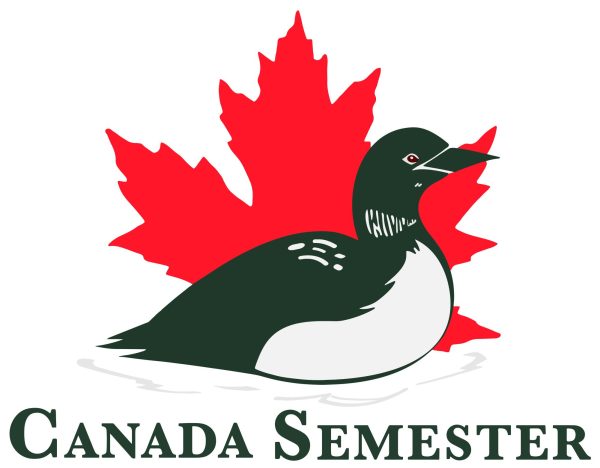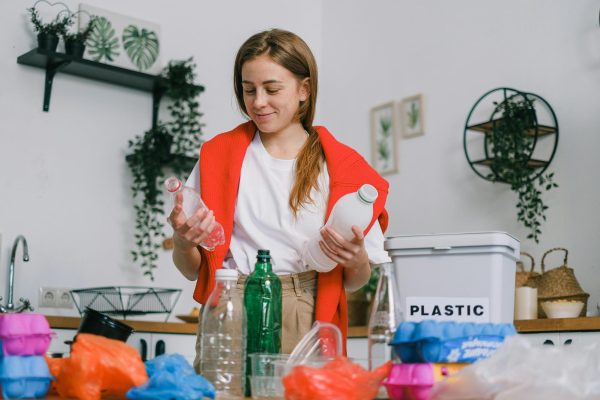Alpha Psi Omega: making a comeback on campus
Alpha Sigma Alpha, Kappa Sigma, and other Greek Life organizations are commonly found on Missouri Southern’s campus. However, there is one not commonly known organization that seems to be coming back to the Greek Life scene: Alpha Psi Omega.
“Alpha Psi Omega is a theatre honorary society,” said Dr. Jim Lile, the organization’s co-advisor, “and it sort of participated in the trend for Greek letter organizations in the early part twentieth century”.
Alpha Psi Omega came about at the time when college theatre programs began to develop around the country. This was during a period when individuals began to do the art of theatre for themselves. Universities at this time were also developing their own theatre courses and programs as well.
By 1921, in Fairmont West Virginia, Paul Opp and his students wanted to create a national organization that recognized the achievements of students in theatre at the national level. Later, in August 1925, Opp and his students developed the first Alpha Cast for Alpha Psi Omega and the first national conference was held in December of 1926.
Today, the organization exists across the United States, including on Southern’s campus. Currently, the cast for Southern’s chapter of Alpha Psi Omega is Upsilon Omicron.
Despite it being a Greek organization on campus, it is not viewed as such. Rather than being a service orientated organization or a stereotypical Greek fraternity, it is unique in it’s own way.
“It’s kind of misunderstood by some folks, I think”, Lile said. “Alpha Psi Omega is not like a fraternity or sorority or Greek letter organization with a service orientation, it really is an honor society.”
Austin Henady, senior theatre major and the chapter’s President mentioned that there was a two year “dead” period where the organization faded away. Also, because of it’s unique qualities, it’s not as commonly known like the other organizations offered on campus.
“It’s not like other Greek organizations” Henady said. “It’s not gender specific and doesn’t operate like a sorority or a fraternity, it ideally operates similar (to) high school ITS (International Thespian Society) organizations, but at a collegiate level.”
When searching for potential members, Alpha Psi Omega utilizes a point system that plays into that individuals earn from participating in theatrical productions. Lile does not necessarily look for specific qualities per say, but it’s how the hard work an individual puts into the theatre as a whole. It’s those qualities that are shown in those functions that reflect the qualities of an Alpha Psi Omega member.
“You don’t get cast in major roles if you don’t have commitment and discipline”, said Lile. “you don’t work on scenery unless you have the skills required for that and the ability to cooperate.”
The biggest reason for people to join Alpha Psi Omega that both Henady and Lile highlight is its honorary status. It holds high value for applying for jobs and graduate school entries, especially for theatre.
“Honestly, it looks good on a resume”, said Henady, “APO is a honor society that is seen throughout the theatre community.”
In recent years, Alpha Psi Omega has been conducting inductions of new members and has reestablished itself back into the Greek life scene. Henady wants to see it develop beyond being an organization that resides in the background.
“As President, I would like Alpha Psi Omega (to) grow to a place where it actually was involved instead of just being a silent organization,” said Henady.
Lile also hopes that with the resurgence of membership the organization will make a comeback, even if it isn’t as involved as some of the other Greek Life at Southern.
“We just kind of want to keep it there, you know?” said Lile. “We don’t want it to fade away and we always sort of speak about it whenever we have student meetings and meetings in the department.”
Lile also sites that the biggest reason that he doesn’t want the organization to fade away is that it reflects the result of the hard work individuals do in the theatre.
“The byproduct is a lot of good work being done by the students who are applying”, said Lile. “It’s sort of the circular kind of thing.”
For students interested in joining the organization, they may contact Dr. Jim Lile.
Your donation will support the student journalists of Missouri Southern State University. Your contribution will allow us to purchase equipment and cover our annual website hosting costs.























